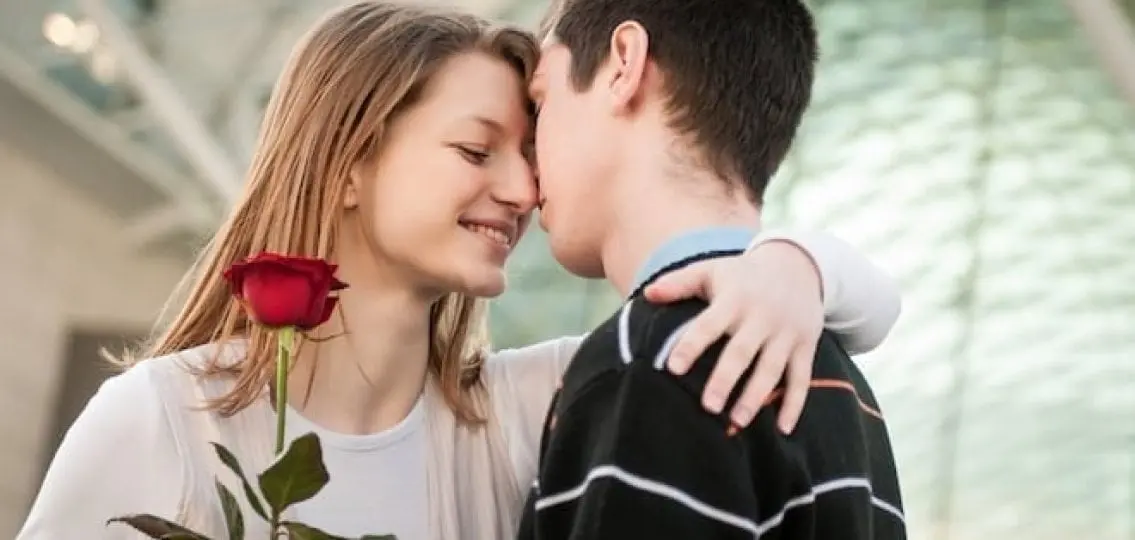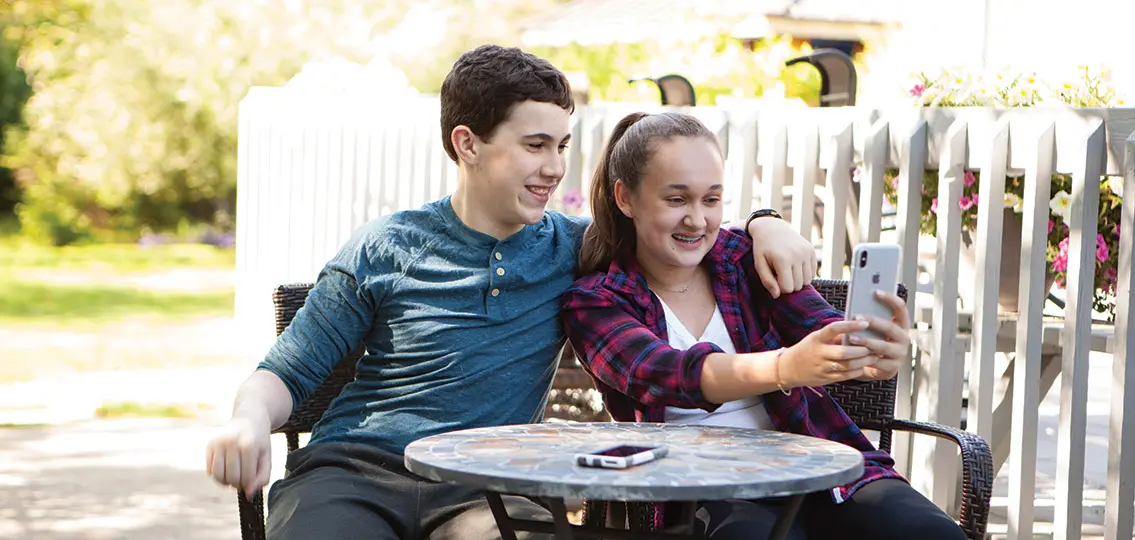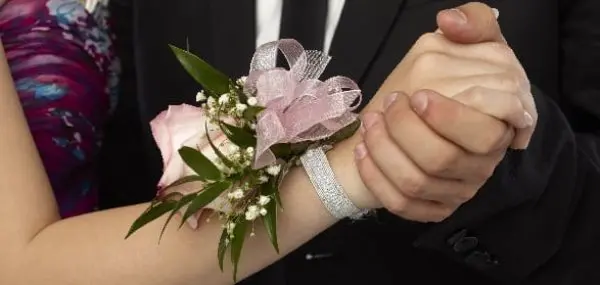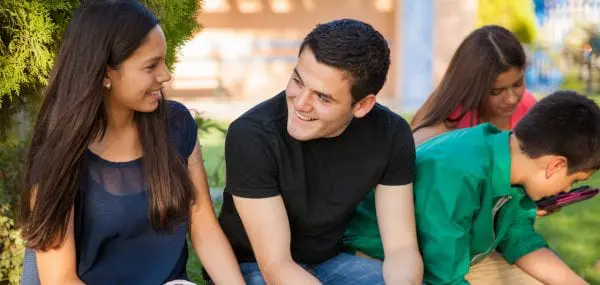Few of us ever forget our first teenage love. With hormones firing on all cylinders and intense passion, the experience can be overwhelming and a little disorienting. I first fell in love at 15, with a popular 16-year-old hockey player who showed his sweet, romantic side when he was alone with me. Nearly 40 years later, I can still vividly recall my all-consuming heartache when he moved away, as well as the feeling that I would never recover.

Of course I was mistaken, but that first love served an important purpose in my development. It was part of my education in how to belong to the larger world beyond my immediate family and how to form healthy relationships.
Teens and First Love:
These feelings go back to evolution, according to Dr. Seoka Salstrom, a child and adolescent psychologist in Hanover, New Hampshire. “It’s all about love and belonging, and we all want that,” says Salstrom. “Those are our deepest motivations, and it’s very much tied to survival.” Connection is a driving force for humans, she says, “especially at a time in life when it’s so much about ‘Where do I fit in?’”
Why is teenage love so intense? Relationships can be more intense for teens in part because they are highly attuned to what others might be thinking of them, and they don’t have a broader perspective that comes from experience. For example, if a love interest doesn’t call when they say they will, teens are more likely than adults to assume personal rejection rather than “life happens” as an explanation. Another intensity boost comes from the “all-in” impulsivity of adolescents: Salstrom explains that teens may lack inhibitory abilities because their executive brain functioning is still developing.
Given their own life experiences with romantic love, parents might dismiss their teen’s feelings or compare teen and adult romantic love. Instead, they can use the experience as a teaching moment.
Listen and Validate
“Parents should listen more than they talk,” advises Dr. Catherine Pearlman, a family therapist and author of Ignore It!: How Selectively Looking the Other Way Can Decrease Behavioral Problems and Increase Parenting Satisfaction. “Ask questions to understand their feelings. Ask what your teen likes in their partner. Talk about relationship goals and how one would like to be treated. Don’t lecture or belittle. Instead be a mentor and support when the inevitable challenges arise.”
Salstrom says that the most important place to start is with validation. “You want to tell your teen, ‘This is exactly what you’re supposed to be feeling at this point,’ learning to be in a relationship.”
It can be tempting to warn your teen about first love’s end, but Pearlman says there is no need.
Magical Memories of First Love
“Kids will learn the various kinds of love as they continue to date,” Pearlman says. “There is something very pure and special about one’s first love. It may not last, but the memories can be magical. No teenager wants to hear that this young love affair won’t last or is nothing compared to grownup love.”
Salstrom suggests parents leave room for the feelings to be what they are without knowing what’s going to happen.
“Their deepest fear is being rejected, so any slight may be a trigger of that fear, and they may be looking for every shred of evidence that they could possibly be rejected in this first relationship,” Salstrom says. “They have very few skills and very few experiences to draw on.”
She added that it’s important to help teens learn not to seek external validation through their relationships. Try to help them understand that the approval and compliments they seek from others are going to inevitably be disappointing and unsatisfactory.

“We all need to work on that, but we need to teach our teens that they already have everything they need within them,” Salstrom says.




